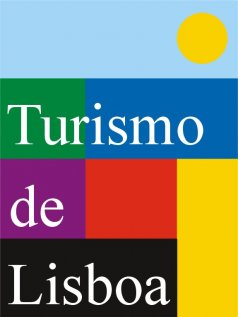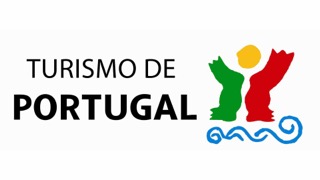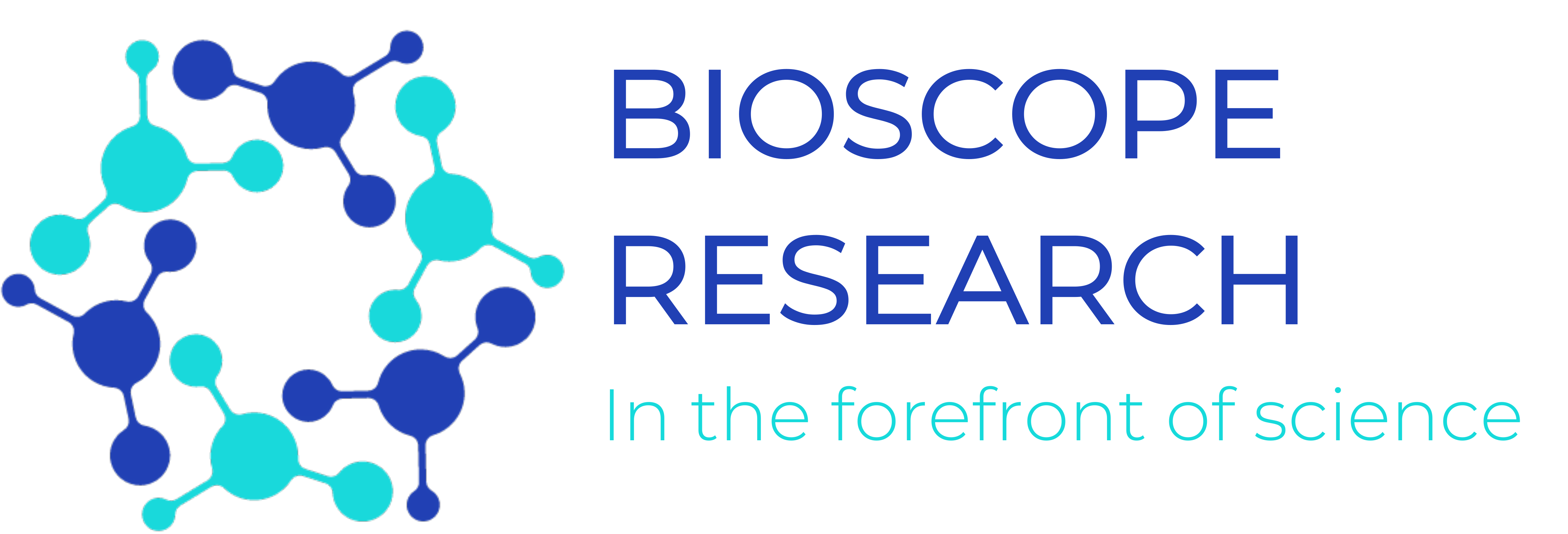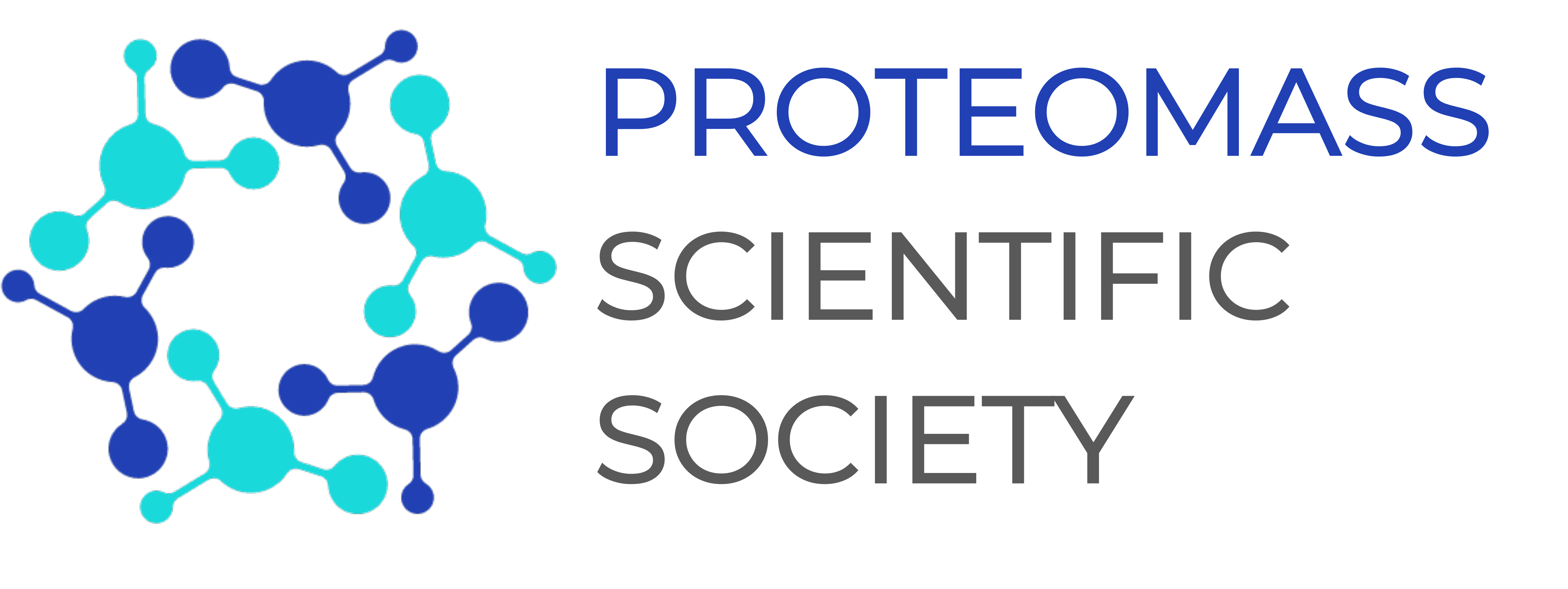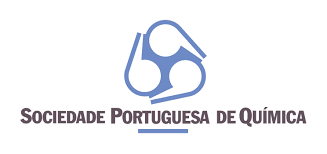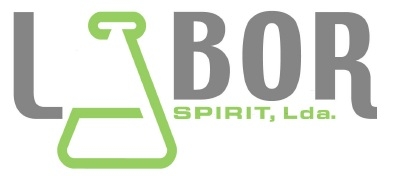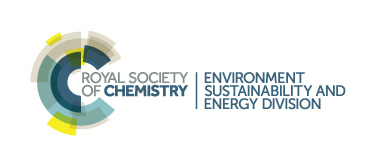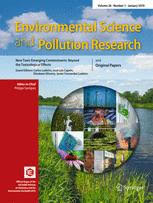
Special Issues
Special Issue on Environmental Science and Pollution Research (ESPR) Springer
Springer , the publisher of the International Journal Environmental Science and Pollution Research (IF: 2.760) and the Editor in Chief, Prof. Garrigues, are delighted to announce their support for the 3rd PTIM Conference to be held in Caparica-Portugal in 2019.
A special Congress Issue will be produced, and will contain contributions from selected invited contributors to the congress.
The collection of these innovative papers will focused on:
As Guest Editors of this collection of papers, We are inviting you to contribute a paper on your current research activities in your area of expertise. The special issue will feature both critical reviews and research papers. Here are some further details on the different paper types. A review is expected to present a critical overview of the state-of-the-art of a topic, with critically selected examples (not only from your own work), to point the reader to trends and likely future developments and to give a selection of important references to the current literature. As a guideline, for a critical review the manuscript is expected to be around 35 000 characters in length, plus figures and tables. For a research paper, paper length must be appropriate to content. There is no strict page limit. You will find the journal’s instructions for authors on the ESPR homepage at http://www.springer.com/
Furthermore, I am pleased to announce that color figures will be printed in color free-of-charge to the author, both in the online and print versions of the journal.
The submission deadline for papers has been set as 1st March 2020. Earlier submissions are encouraged, and papers will be published online as soon as they have been accepted for publication. However the final publication data will be until the special issue will be completed (almost a year).
During the submission please use the article type SI: PTIM2019.
All invited papers will be subject to the same rigorous peer-review process as regular submissions to the journal, and upon publication each author team will be provided with a free pdf file of the printed article. The rejection rate for ESPR is around 70% for regular issues and around 40% for papers submitted to special issues. We ask that you submit your manuscript directly to the ESPR editorial office by online submission at http://www.
We would very much appreciate your participation in this special issue and hope that you are able to accept this invitation.
Guest Editors: Prof. Dr. Carlos Lodeiro, Prof. Dr. José Luis Capelo, Dr. Hugo M. Santos and Dr. Elisabete Oliveira.
Open Special Issue: Chemosensors MPDI (Open Access)
Dear Colleagues,
Light and colors are important analytical tools, useful for the detection and quantification of different analytes, since the beginning of times. In fact, fluorescence was already used by the first time for the determination of numerous and diverse organic and/or inorganic components with great sensitivity and selectivity.
Nowadays, many sensing-based emissive and colorimentric materials are effectual methods for the detection of trace and ultra-trace amounts of contaminants and inorganic/organic components in complicated matrices.
The guest editors cordially encourage you to submitted your research paper devoted to “Fluorescent and Colorimetric Chemosensors” and to contribute to this Special Issue devoted to this fascinating research topic, discussed at the BIOSCOPE Caparica Conference Series #IC3EM; #PTIM; #IC3TC.
Prof. Dr. Carlos Lodeiro
Prof. Dr. José Luis Capelo
Dr. Elisabete Oliveira
Dr. Javier Fernández-Lodeiro
Guest Editors
Manuscript Submission Information
Submitted manuscripts should not have been published previously, nor be under consideration for publication elsewhere (except conference proceedings papers). All manuscripts are thoroughly refereed through a single-blind peer-review process. A guide for authors and other relevant information for submission of manuscripts is available on the Instructions for Authors page. Chemosensors is an international peer-reviewed open access quarterly journal published by MDPI.
Please visit the Instructions for Authors page before submitting a manuscript. The Article Processing Charge (APC) for publication in this open access journal is 350 CHF (Swiss Francs). Submitted papers should be well formatted and use good English. Authors may use MDPI’s English editing service prior to publication or during author revisions.
Keywords
- Applications of fluorescent and colorimetric chemosensors in microscopy
- Cell and tissue Imaging
- Emissive probes, and labels for organic and inorganic analytes
- Detection and imaging in Biology/Medicine/Biochemistry
- Smart emissive liquids crystals and polymers
- Functionalized nanomaterials for sensing
- Chemosensors in Art
- Environmental applications of Chemosensors




